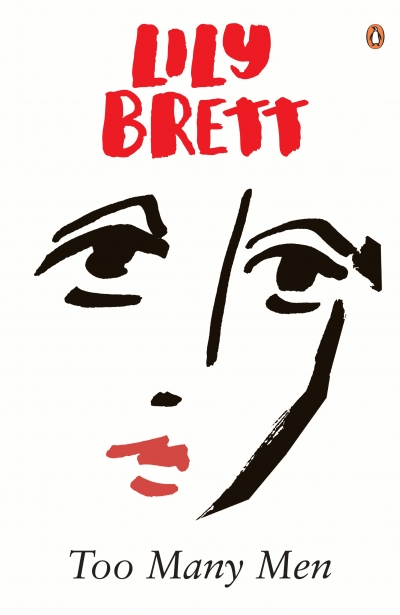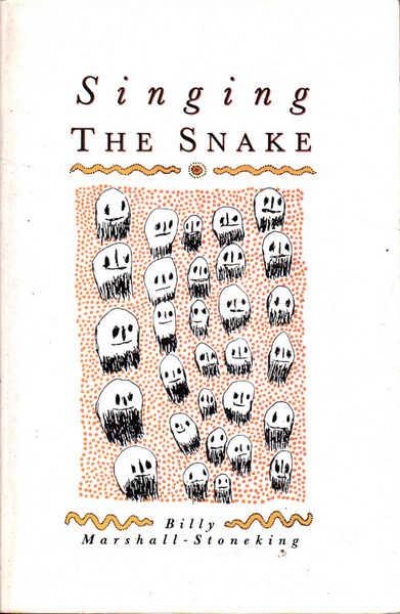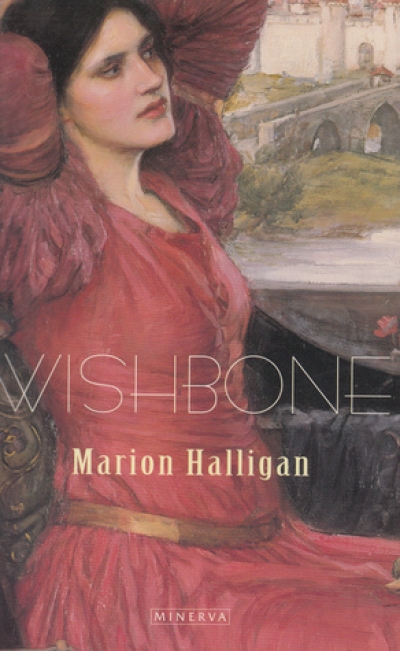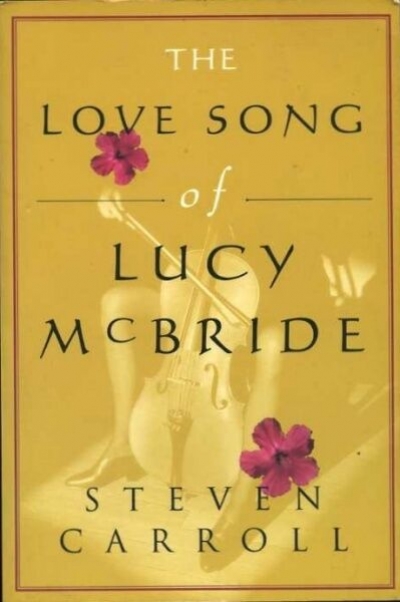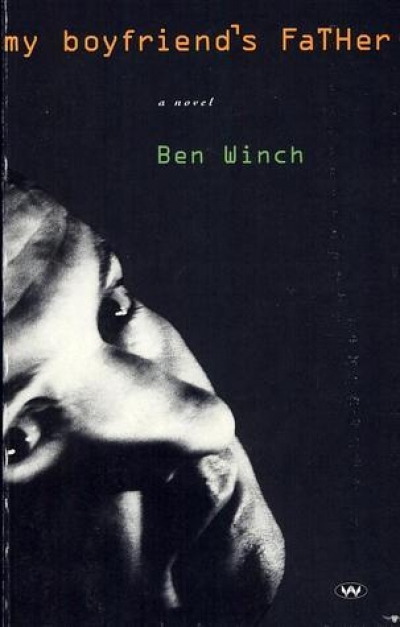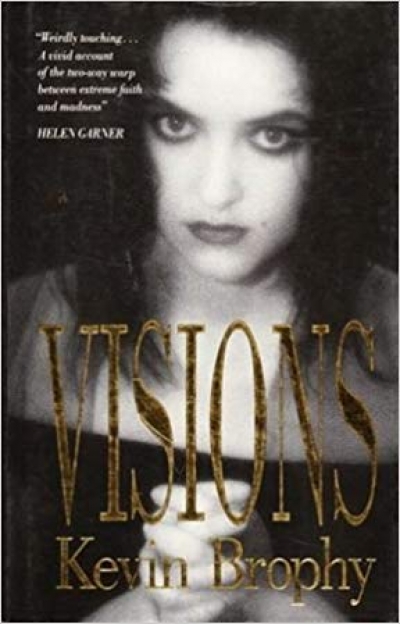Kevin Brophy

Kevin Brophy has had nine collections of poetry published, as well as works of fiction and collections of essays. He has received the Martha Richardson Medal for poetry and the Calibre Essay Prize. In 2015 he was poet in residence at the B.R. Whiting Library in Rome, and in 2019–20 he is poet in residence at the Keesing Studio in Paris.
‘Singing the Snake’, the poem that opens this collection, tells the story of tribes gathering at Uluru in a time of drought when ‘people drank sand’. If the singing of the people was strong and true, the Snake of Uluru would push water out from the ‘place where every river in the world begins and ends’, so that it spilled from the top of the rock.
Old Tjupurrula told this story to the ... (read more)
The difficulty of a love affair between a young woman and a married man may be its logistics. Where can they go?
These are the opening lines of Wishbone. Already I know that this is a book I want to continue reading, and not just for the promise of sex, romance, and intrigue. I am also attracted by the ‘difficulty’ of knowing just what tone is being taken here, and just who is speaking to ... (read more)
In his third novel, Steven Carroll continues to work on those questions, obsessions, scenes and images that preoccupy him as a writer – the characters and personalities of women, and in particular that figure of a sexually charged and sophisticated young woman so disturbing to Helen Garner in The First Stone; the language of infatuation; the placement of characters in their particular city; mism ... (read more)
‘Some meteorites make it to the surface simply because they’re so small that they literally float to the ground. There are thousands of these interplanetary particles in the room you’re in now, stuck to your clothes, in your hair, everywhere.’ This startling piece of information introduces Aileen Kelly’s ‘Notes from the Planet’s Edge’ in her new book, City and Stranger (Five I ... (read more)
‘When I was eighteen my boyfriend’s father died in jail.’ This is the opening sentence of Ben Winch’s second novel; it is also the conclusion of the novel and, having got that out of the way, we can settle into the details that will tell us why this man died in jail and what his story means for this now eighteen-year-old woman.
... (read more)
On my most recent visit to Warrnambool in December 1994, the newspapers carried a tragic story about some local youths who had been digging in the coastline dunes and sandstone cliffs outside the town. One of them had died when their cave collapsed. It is this wild, unpredictably dangerous but attractive coastline that features in the title sequence to Andrew Taylor’s new book. In Sandstone, the ... (read more)
Lasseter, it has been said, was a strange man, admired for his unusual and innovative ideas. He told a story of being caught during a storm in Central Australia: he put all his clothes in a hollow log, stood naked until the storm passed, and was then able to don his dry clothing. Though some claim that Lasseter was at Gallipoli, he did become the source of another great Australian myth of failure. ... (read more)
Elizabeth Riddell quipped about Kevin Brophy’s first novel, Getting Away With It (Wildgrass, 1982), that he hadn’t! I do not recall anything else of her review, but must confess that it also replaced my own estimation of the book. With hindsight, it’s clear that the novel has too many attributes to be disqualified, however wittily. Furthermore, Brophy’s new novel, Visions, recovers the bes ... (read more)
Poetry, in ‘stilling things’, as Martin Heidegger suggested in 1950, is nevertheless always restlessly active. These six voices are six stills from a fast-moving history of poetry in Western Australia. They are evidence that poetry can provide moments we can enter into in suspended silence while experiencing that movement and agitation so essential to important poetry.
Ben Lerner, in The Hatr ... (read more)

